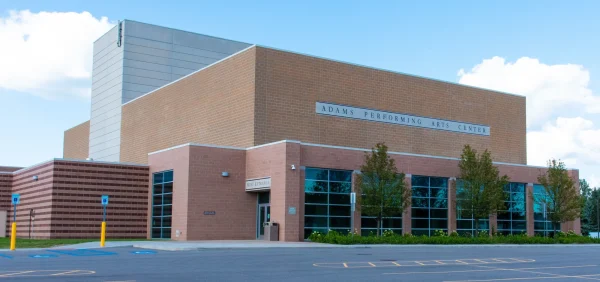American Youth and the Lack of Life Skills
https://www.slideshare.net/MUNIF/life-skills-38581030
List of life skills not taught in schools.
Youth in America are lacking the skills needed to be successful in life. What are schools doing about this issue, and how can this change in the future?
Upon leaving high school, many students face the common challenge of being unaware of how to survive and take care of themselves in the real world. How are young adults supposed to know how to handle the basic aspects of life, such as paying taxes and giving a tip at a restaurant, when they have never learned how? This dilemma is a result of the schools lack of including these basic life skills into their curriculum.
Schools across the country should incorporate some type of life skills class into the required curriculum. This would allow students to leave high school with a solid understanding of how to function and manage conditions such as finances, along with the necessary skills learned through the typical math, science, and language arts classes. Many schools across the country do not offer any classes that pertain to learning daily life skills, but unlike most, Adams High School does offer an elective for personal finance and other classes that can offer some help for this issue. Nevertheless, many students either do not know of these classes, or choose to not take them because they are not required.

Chart showing the increase in students knowledge of life skills before and after taking a life skills course.
“I think a life skills class would be very beneficial, but I do not think it should be a requirement. Having the option to take this type of class would greatly help the student body in preparation for going away to college, but for many students, they may already know a lot of life skills from their parents. In my case, I would probably not take the class because my schedule is already full with science courses, but for many it could be a very positive introduction to the school curriculum,” said junior Roshni Mohan.
The main issue many students find when leaving high school and entering the real world is that unless they are taught by their parents, students have no understanding of how to cook, manage their money, pay taxes, or even how to exercise their right to vote. Even the brightest students with a 4.0 grade point average leave high school lacking this basic knowledge which can cause difficulties in transitioning between school to independent life. A statistic from an article on Achieve states that nearly forty percent of public high school graduates say they feel unprepared for college and also a job. This proves that although schools do an adequate job of supplying their students with skills in subjects like writing, mathematics, chemistry, physics, and history, they fail to leave students with the knowledge of how to function and manage their everyday lives.
“I do not think it is necessary to have a life skills class because we already have counselors and educational advisers to help us with these types of questions in the future. Although, maybe a club would be more beneficial,” said senior Giulia Isopo.
On the other side of the argument, some students like Isopo believe this type of class is not necessary, and students can learn anything they need to know from their parents or counselors.
Learning life skills is a necessary component of being successful throughout life, therefore, it is imperative that schools begin to include a course that will educate students on these skills before they leave high school. This will greatly increase a students ability to function and achieve success in the future, along with skills such as communication and collaboration which are incredibly vital to everyday life.






